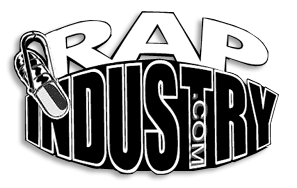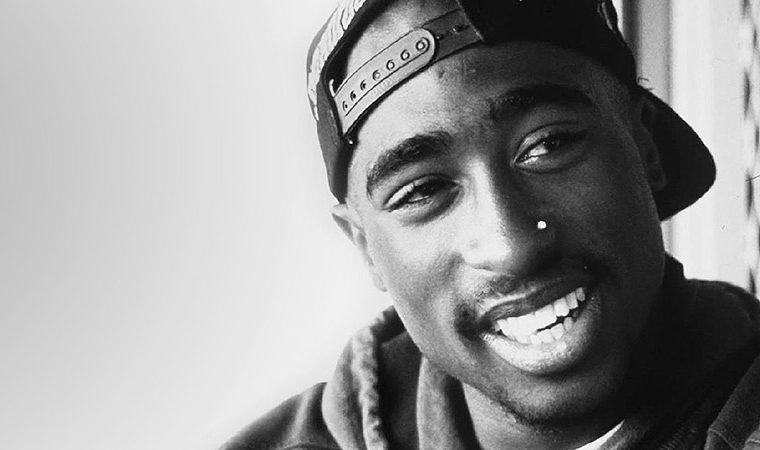
Drake Accuses UMG of Manipulating Kendrick Lamar’s “Not Like Us” Success, Universal Music Group Responds.
Drake’s company, Frozen Moments LLC, has filed a petition against Universal Music Group (UMG), accusing the music giant of misrepresenting the success of Kendrick Lamar’s diss track, “Not Like Us.” The petition, submitted to a Manhattan court on Monday, November 25, claims that UMG orchestrated a campaign to manipulate streaming platforms and radio stations, artificially inflating the track’s popularity and claiming that UMG engaged in a coordinated campaign to manipulate the track’s performance on streaming platforms and radio stations.
According to the filing, UMG used tactics such as deploying “bots” and entering into pay-to-play arrangements to artificially inflate the song’s popularity. The petition suggests that these actions were designed to create a misleading viral success for the track.
The Allegations Against Universal Music Group
According to the 17-page document, the attorneys representing Drake argue that UMG’s subsidiary, Interscope Records, released Lamar’s track on May 4, 2024. The petition asserts that UMG took deliberate steps to ensure the song went viral, including allegedly using “bots” and “pay-to-play” arrangements to flood platforms like Spotify and radio stations with the track.
One of the more alarming accusations in the filing is that UMG offered Spotify a 30% reduction in licensing fees in exchange for promoting “Not Like Us” to users searching for unrelated songs.
The petition also claims that a podcaster was paid $2,500 by Interscope to use bots in an effort to reach 30 million streams for Lamar’s song on Spotify shortly after its release. The song eventually hit an impressive 300 million streams within 35 days, further fueling suspicions of artificial promotion.
Payola and Radio Manipulation Claims
Frozen Moments LLC also accuses UMG of engaging in “payola,” the illegal practice of paying radio stations to air songs without disclosing the payment. The petition claims that at least one UMG employee facilitated payments to radio stations to air “Not Like Us,” which could be in violation of the Communications Act of 1934.
Drake’s attorneys argue that these alleged actions were motivated by financial gain for Interscope executives and were designed to artificially boost Lamar’s song, undermining the success of other artists, including Drake.
Drake’s Efforts to Address the Issue
The filing also reveals that Drake has attempted to reach out to UMG to discuss the damage he believes the company’s actions have caused him, but alleges that UMG refused to engage in discussions. Instead, UMG reportedly suggested that Drake should address his concerns with Kendrick Lamar directly.
Additionally, the petition claims that UMG is actively taking steps to cover up the alleged manipulation, including terminating employees loyal to Drake.
Legal Action and “Pre-Action Discovery”
Frozen Moments LLC is seeking “pre-action discovery,” which is a legal process that allows parties to gather information before formally filing a lawsuit. The company believes this information will help them identify the parties responsible for the alleged misconduct and prepare a formal complaint.
The petition also mentions that Drake’s team has a potential cause of action for civil RICO (Racketeer Influenced and Corrupt Organizations Act) against UMG, citing possible wire fraud, mail fraud, bribery, deceptive business practices, and false advertising. However, before moving forward with legal proceedings, the company insists that they need more information from UMG and Spotify.
UMG Denies the Allegations
In response to the accusations, UMG issued a statement denying any wrongdoing. A spokesperson for the company described the claims as “offensive and false,” asserting that UMG follows the highest ethical standards in its marketing and promotional efforts.
The spokesperson further emphasized that fans ultimately decide what music to enjoy, dismissing the notion that any actions taken by UMG could undermine this process.
“The suggestion that UMG would do anything to undermine any of its artists is offensive and untrue,” the company said in a statement provided to Billboard. “We employ the highest ethical practices in our marketing and promotional campaigns. No amount of contrived and absurd legal arguments in this pre-action submission can mask the fact that fans choose the music they want to hear.”
Record-Breaking Success of “Not Like Us”
Despite the controversy, Kendrick Lamar’s “Not Like Us” has broken multiple streaming records. According to the petition, the song has amassed over 900 million streams on Spotify, making it the most streamed diss track in the platform’s history.
The song also set a remarkable milestone of 96 million streams within a single week, further highlighting its viral success.
Misrepresenting the success of Kendrick Lamar’s diss track, “Not Like Us,” is a serious issue that raises concerns about fairness and integrity in the music industry. If the allegations against Universal Music Group (UMG) and Spotify are true, it reveals a troubling practice of artificially inflating a song’s popularity through tactics like “bots” and pay-to-play arrangements.
This undermines genuine fan support and damages the trust between artists, labels, and listeners. If such manipulative strategies are allowed to continue, they could set dangerous precedents, encouraging other companies to engage in similar practices, ultimately distorting the authentic nature of music discovery. S: Lawyer Monthly




